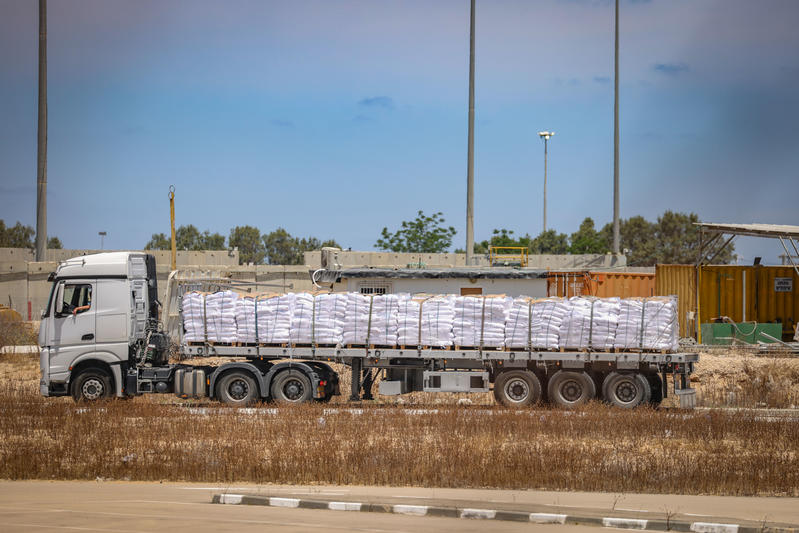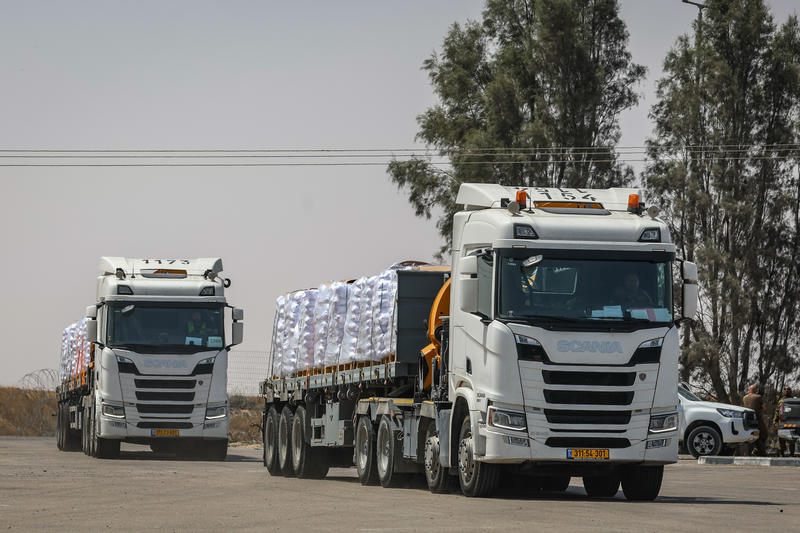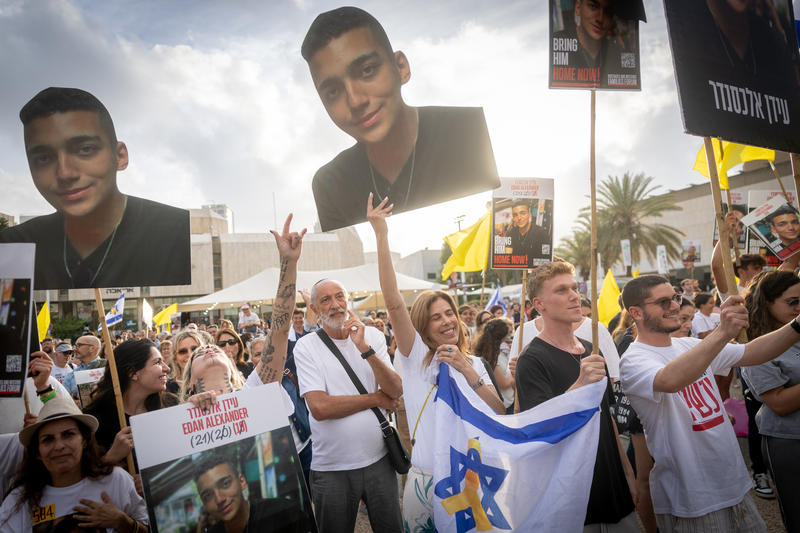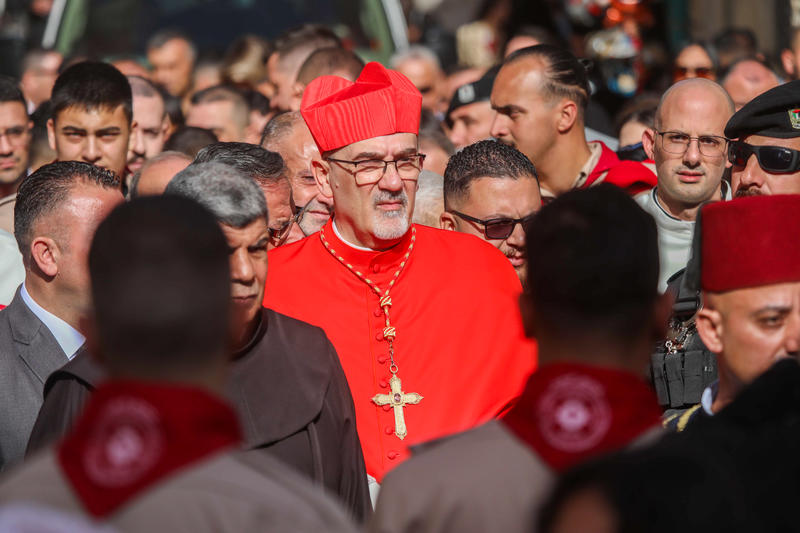As the conclave to elect a new pope begins today, one name stands out among Vatican watchers and Middle East experts alike: Cardinal Pierbattista Pizzaballa. The Latin Patriarch of Jerusalem is widely seen as papabile – a potential future pope.
Pizzaballa, a Franciscan friar who has spent most of his priestly life on the ground in the Holy Land, has been leading the Catholic Church across Israel, Jordan, the Palestinian territories, and Cyprus since 2020. Apart from his native Italian, he speaks English, Hebrew, and Arabic.
He enjoyed a close relationship with the late Pope Francis, who valued his deep knowledge of the region and commitment to interfaith dialogue. Francis regularly turned to him for advice on navigating the complexities of the Middle East — entrusting him with sensitive missions and consultations that helped shape Vatican policy toward the region.
Notably, in June 2014, Pope Francis entrusted Pizzaballa with organizing a historic peace prayer at the Vatican Gardens, bringing together Israeli President Shimon Peres and Palestinian leader Mahmoud Abbas.
Throughout his career, he has not hesitated to voice his opinions on sensitive issues. He criticized Israel’s construction of the barrier between the West Bank and Jerusalem and participated in protests against it in 2015.
At the same time, before becoming a bishop, he criticized Palestinian leaders for blaming all problems solely on the Israeli occupation of Gaza and the West Bank, reflecting his nuanced view of the region’s conflicts.
His moral credibility was powerfully underscored in October 2023, when he offered himself to Hamas in exchange for Israeli children taken hostage during the October 7 attacks. Though the exchange never took place, the gesture resonated in Israel and attracted attention, especially from the Catholic community around the world.
In the ongoing Israel-Gaza conflict, Pizzaballa has advocated for an end to the war and called for humanitarian access to Gaza. He was a signatory to the “Statement on the Escalating Humanitarian Crisis in Gaza,” which called for de-escalation.
On Christmas Eve 2023, visiting Bethlehem, Pizzaballa donned a Palestinian keffiyeh and called for peace in the region. In solidarity with those affected by the war, he co-signed the Christmas message by the Patriarchs and Heads of Churches in Jerusalem, urging Christians to refrain from public celebrations.
If elected, Pizzaballa would not only be a historic choice — the first pope with deep roots in modern Israel.
Learn more about the late Pope Francis and his relationship with Israel and the Middle East in the latest episode of our podcast, featuring veteran journalist and Middle East expert Henrique Cymerman.










